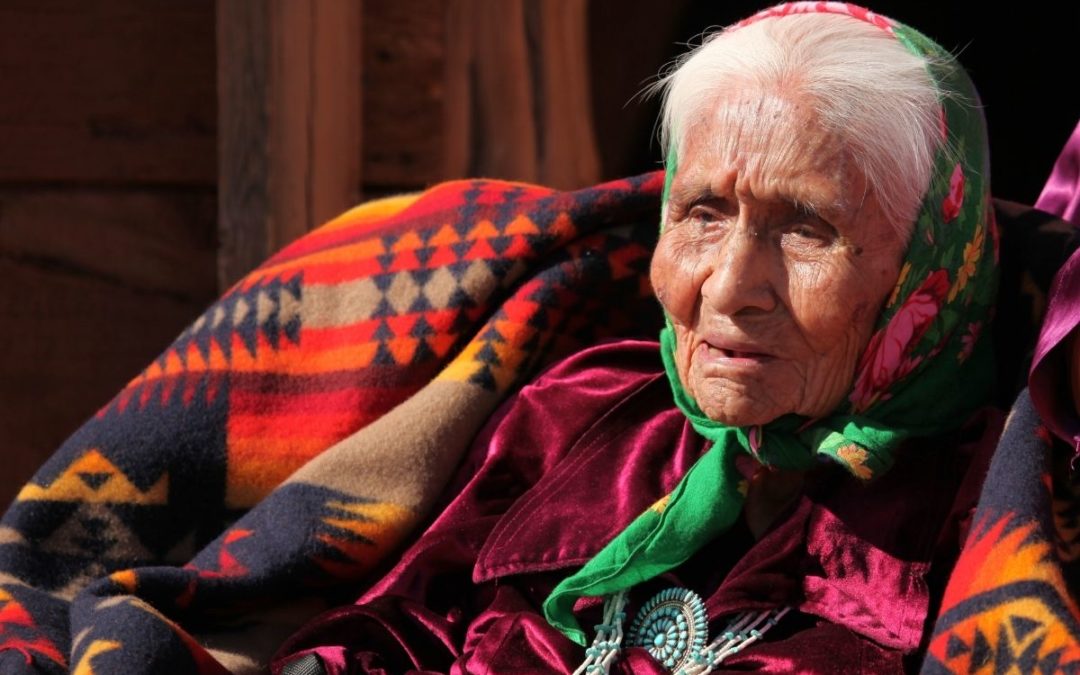Native American Healing Prayer
This is the Earth, healed again, growing green and blue.
I want you to remember this exactly as it is,
and then go and tell the people that if enough of us hold this image in their minds,
we can heal the Earth and make it like it was a long time ago.
– Grandfather Rolling Thunder, Cherokee Medicine Elder
As Americans, most of us grow up with the understanding that Christopher Columbus “discovered” the continent on which we all live. By and large, however, many of us have not earnestly considered what the concept of “discovery” really means. So what does it mean and when did it begin? When something is discovered it is something new or previously unrecognized. Let’s consider that in order to discover a new land, it must be uninhabited. When Columbus first anchored his ships on the Americas there were indigenous people on his “discovered” land. For explorers who discovered new lands, the people occupying those discovered lands were seen as somehow inferior, and of lesser importance, than the explorers. Thus, they were unwittingly exposed to deadly diseases and vulnerable to exploitation. Of course, at the heart of the concept of discovery we find cultural superiority and unfettered racism.
A good place to begin our examination and understanding of the concept of discovery is the Doctrine of Discovery. This Doctrine was first promoted and put into practice by European monarchs to legitimize the colonization of lands outside Europe. It allowed European entities to seize lands inhabited by indigenous peoples under the guise of “discovering new land.” The discovery concept was written into U.S. law as a doctrine to deny land rights to American Indians, through a court case known as Johnson vs. McIntosh, in 1823. This decision, which stripped American Indians from the right of their own independence, provided a rationale for taking land away from indigenous peoples, with the legal support of federal law. The Doctrine of Discovery was formally issued by the Vatican in the fifteenth century. It sanctioned the brutal conquest and colonization of non-Christians in Africa and the Americas. Its overall purpose was to create a unified Christian world. This Doctrine still governs the U.S. and international law today. Further information about the Doctrine of Discovery can be found at these and other online resources:
Indigenous Peoples Forum on the Impact of the Doctrine of Discovery


